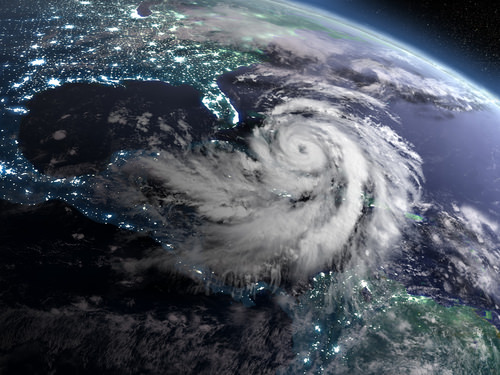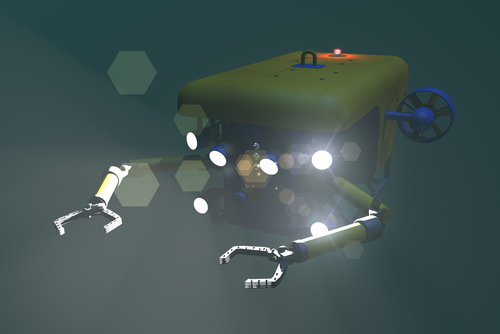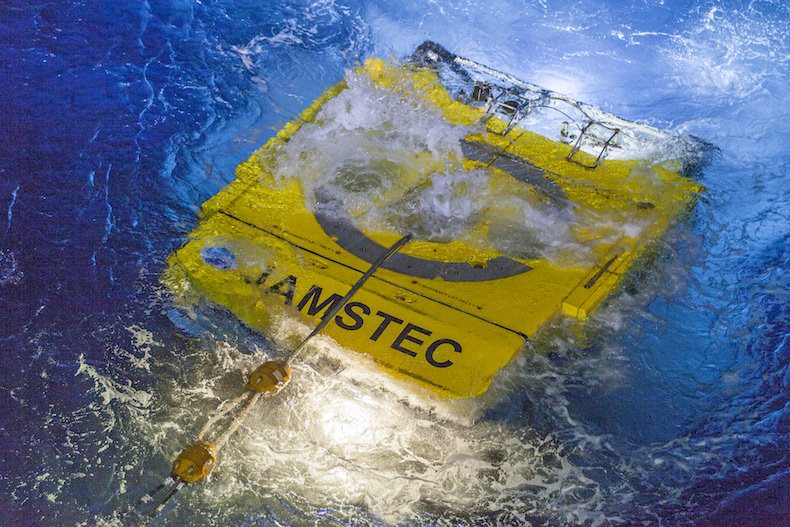Kenji Tsuchiya and his colleagues investigated responses of bacteria and phytoplankton to physical-chemical environments induced by typhoon passages.
The study showed that the passage of typhoon Malou in a coastal water of Japan in 2010 caused an abrupt decline of salinity and a large increase in the amount of nutrients, immediately enhancing bacterial production.
The study also sowed that phytoplankton production exceeded bacterial production two days after Malou passage, and then reached a maximum five days later.
The study team considers that sediment resuspension induced by typhoon passage enhanced bacterial productivity abruptly just after the passage at an inshore station.
The bacterial response could be regulated by difference in relative contribution of nutrient sources after the passage of typhoon.
Tsuchiya T, Kuwahara VS, Hamasaki K, Tada Y, Ichikawa T, Yoshiki T, Nakajima R, Imai A, Shimode S, Toda T (2015) Typhoon-induced response of phytoplankton and bacteria in temperate coastal waters. Estuarine, Coastal and Shelf Science 167: 458-465.



